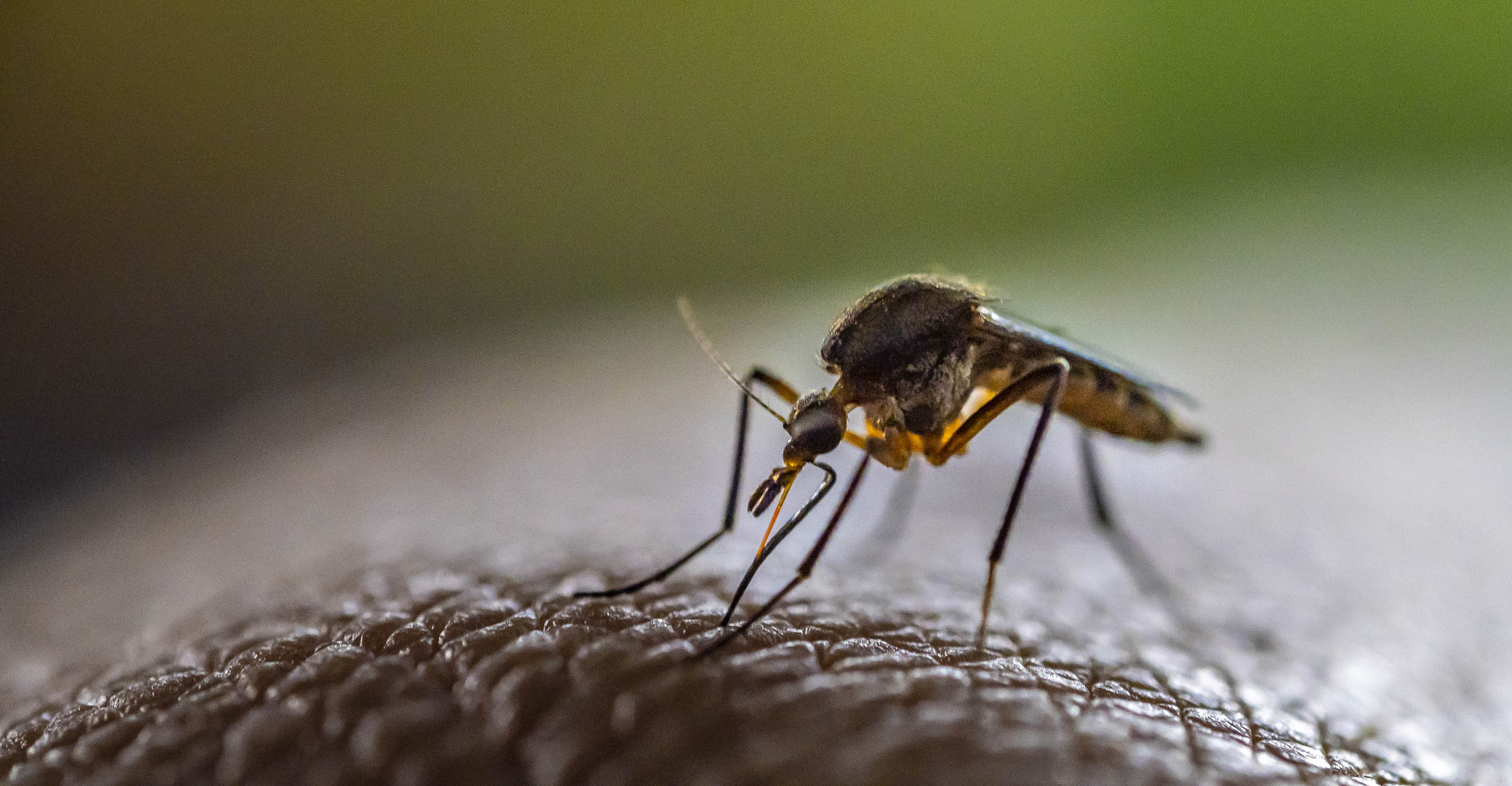
Best tips for avoiding summer mosquitoes
Thursday, June 9, 2022
Media Contact: Alisa Boswell-Gore | Agricultural Communications Services | 405-744-7115 | alisa.gore@okstate.edu
While rain is a good thing for most landscapes, it also often invites unwanted guests around the home in the form of pesky, blood-sucking mosquitoes.
More than 60 mosquito species appear seasonally in Oklahoma from March through November, but most adult mosquitoes are pests in the May through June timeframe, particularly after heavy rains.
According to David Hillock, Oklahoma State University Extension consumer horticulturist, mosquitoes breed in open water sources, so the best way to eliminate these pests is to get rid of their breeding grounds.
“Look around your landscape at anything that collects water. Flower pots, rain gutters, watering cans, old tires or birdbaths are prime breeding grounds for mosquitoes,” Hillock said. “Through some landscape design, we unintentionally create an atmosphere pleasing to mosquitoes. Fortunately, just dumping out the water is an easy fix.”
Hillock said people should be aware of the life cycle of mosquitoes, so they can take steps to avoid the growth of mosquito larvae in standing water on their property.
What to do:
- Eliminate larval breeding sites, such as discarded tires, beverage cups/litter and unused children's wading pools.
- Clean and replenish pet water, bird baths and small swimming pools at least every three days (every day may be advisable through the summer months). Swimming pool covers can help to prevent mosquitoes in larger pools.
- Prevent standing water in flower pots, ensure good property drainage and plug hollow tree stumps. Clean your roof gutters to allow proper drainage.
- Treat water gardens or small fountains with larvicides or house mosquito-eating fish to prevent emerging adult mosquitoes.
- Keep plant life trimmed and neat.
- Invest in mosquito dunks (a bacterial bar you place in standing water) for ponds and other standing water that cannot be regularly replaced or cleaned.
- Maintain screen doors and windows to prevent adult mosquitoes from entering the home.
- Wear insect repellent such as DEET (N, N diethyl-m-toluamide). Repellents containing 10-30%DEET products are most effective but always read and follow label directions for proper application. Special care should be taken when applying repellents to children.
- Avoid being outside at dawn, early evening and dusk when the majority of biting female mosquitoes are active. Wear long-sleeved clothing with long pants.
- Work with neighbors to reduce mosquito potential by asking everyone to manage their landscape and standing water.
- Check with the local city government to see if they offer an abatement program that will treat landscapes for mosquitoes and other pests.
Hillock said residents should do their research before trying pesticide products other than DEET. Citronella products are popular but are only effective in small, tight spaces with no wind or breeze. Foggers are effective only temporarily and have the potential to kill beneficial insects.
Any container that holds water for five to seven days is a potential breeding site for mosquito larvae, Hillock said. If it is not possible to drain areas, then treating them with larvicides is an alternative. Many mosquito larvicides on the market are very host specific and only disrupt the larval stages of mosquitoes and do not harm non-target species.
“The best control is just eliminating those breeding sites, such as standing water, so anything you can do around your home to eliminate that is good,” Hillock said.
For more information on mosquito management, visit OSU Extension and entomology resources. Visit Oklahoma Gardening to learn more about common garden pests.
